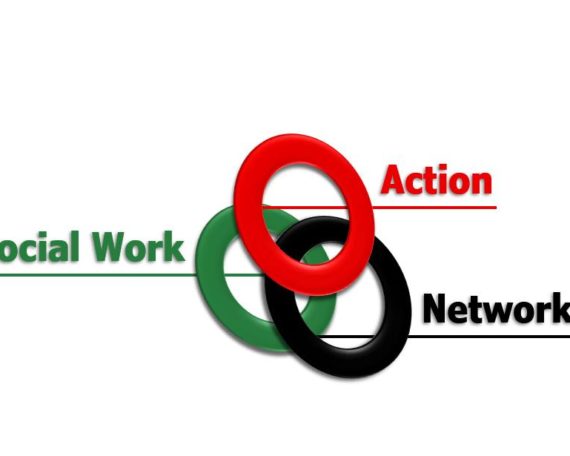Thinking about why I chose social work as a career has helped me realise that social work chose me. When I graduated, with what is effectively an English degree, I wanted to be a journalist. I have always been interested in people and writing so it seemed a logical choice. I didn’t get far. As one of many unemployed graduates in the 1980s I soon joined a Manpower Services Commission scheme in a Local Authority residential home for older people with dementia. The residents, staff and managers I met there, working as a Recreation Officer, ignited my enthusiasm for working with those more vulnerable than me. The manager instilled a truly person centred approach to the care of people living in the home. I was impressed. The staff group was committed to supporting those people as people, attending to their individuality however this was expressed. I was impressed. The residents, many of whom I remember to this day, revealed their personalities, strengths and needs in diverse ways. This could be challenging. Getting to know each one of them and their histories, helped me however, to interpret their responses in the present. One woman’s behaviour, C, would have been inexplicable to anyone who did not know that she was formerly a Nursing Sister, in a time when bandages were rolled by the nursing staff on duty. At certain times of each day C would roll toilet paper as bandages. Connecting C’s past and present, and that of others, impressed the importance of valuing the person whatever their difference.
Valuing difference, in the context of our commonality as human beings, commits me to working for greater social justice. In 1987 I would have used different words to express these commitments but working in that home sparked my commitment to value people and empower social justice. Unfortunately, working there also gave me the opportunity to realise the importance of resisting change which inhibits both. In 1989 we were told that the home would close as a consequence of the Local Authorities preparations for community care. This to me was unfair. Unfair on the people that lived there, who were at home there and who were so vulnerable to any change in their day to day lives. Our resistance was ultimately unsuccessful and the home closed. All of those living and working there were dispersed to the remaining resources within the Authority. However, the people I’d met as they lived and worked in that place ensured that I committed to valuing people and places, promoting social justice and resisting change that threatens it. I had not been conscious of these commitments before I started work as that Government sponsored Recreation Assistant in 1987. I welcomed those commitments then and retain them now, channelling them more recently in my work as a social work lecturer who is still enthused by social work as an agent of change. Rapid and radical policy change, with its implications for welfare and social work, has reaffirmed my commitment to resisting change which challenges and inhibits social justice and value for difference.
As I say, social work chose me. I was impressed with what it could do way back in 1987 and remain committed to what it can do now and in the future. It’s tough but organisation and action to reassert the importance of relationship based social work and collective approaches in the promotion of social justice, as championed by @SWANsocialwork, inspire me and ensure my ongoing commitment to the cause.

